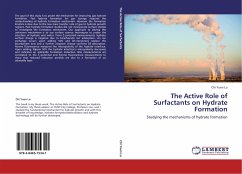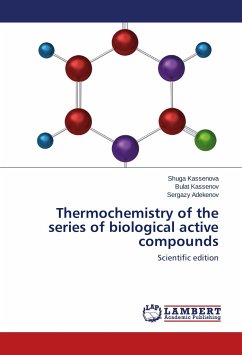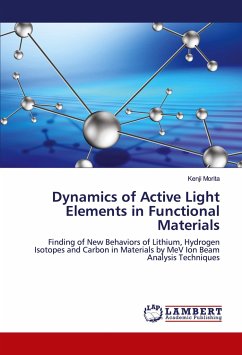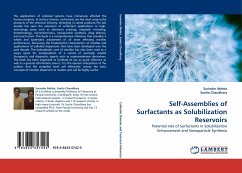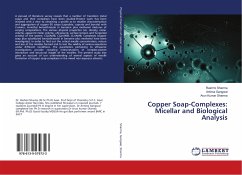The goal of this study is to probe the mechanism for improving gas hydrate formation. Fast hydrate formation for gas storage requires the understanding of hydrate formation mechanism. However the formation kinetics is slow due to the low mass transfer rate of gas to hydrate growth regions. Past hydrate formation studies did not incorporate surface studies to investigate the formation mechanism. Our approach to solving this unknown mechanism is to use surface science techniques to probe the interface of hydrate and water. From potential measurements, hydrate surface charge is negative due to bicarbonate ion adsorption. An ion exchange occurs upon adding SDS and DS monomers replace the bicarbonate ions and a further negative charge confirms DS adsorption. Pyrene fluorescence measures the micropolarity of the hydrate interface. Upon adding 50ppm SDS the hydrate interface s micropolarity decreases and indicates an admicelle formation. Induction time measurements are correlated to thepotential and Pyrene fluorescence measurements to show that reduced induction periods are due to a formation of an admicelle layer.
Bitte wählen Sie Ihr Anliegen aus.
Rechnungen
Retourenschein anfordern
Bestellstatus
Storno

